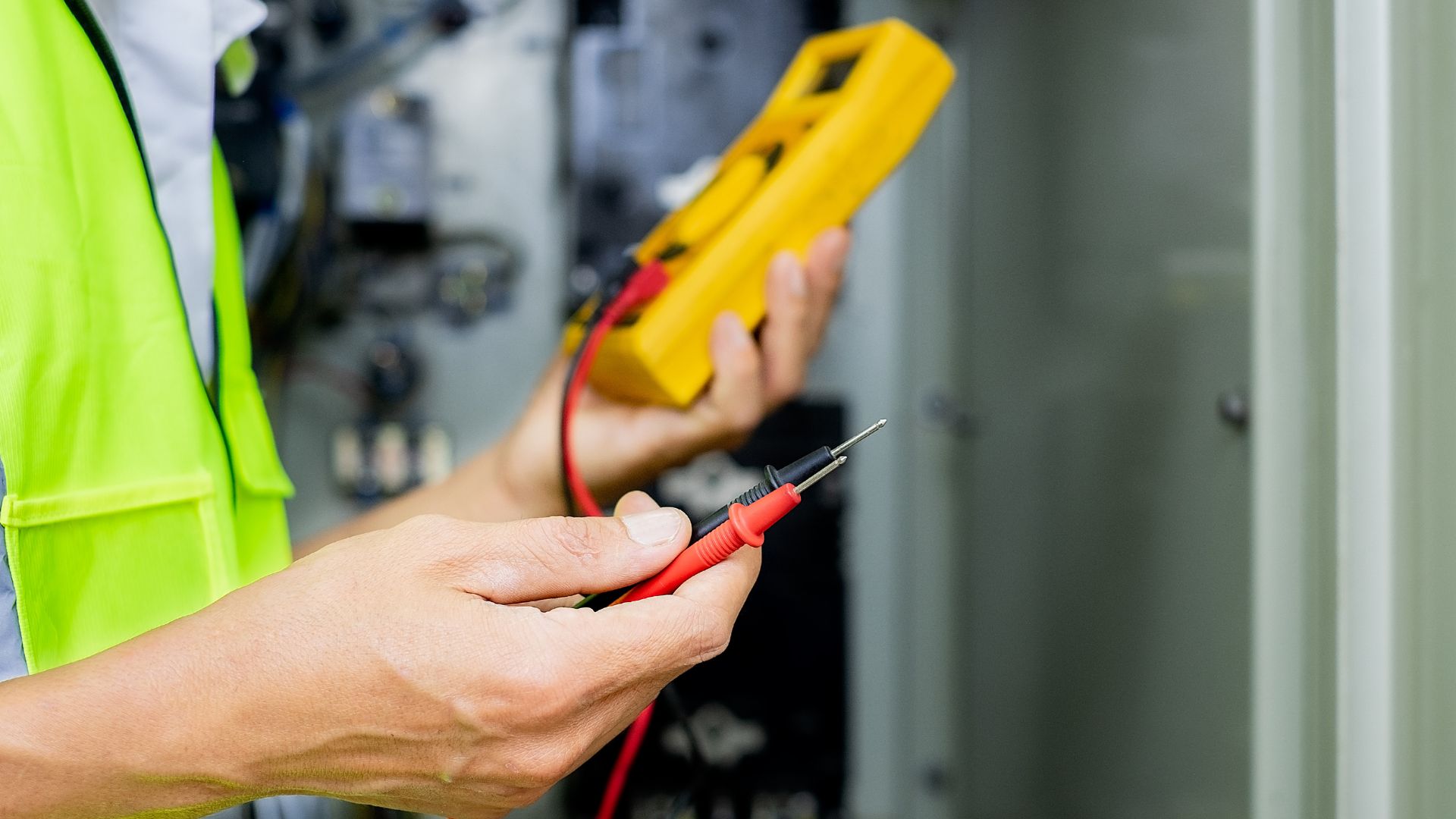Fixing Temporary Electrical Supply Problems
Experiencing a sudden loss of power or fluctuating electricity? Discover common causes of temporary electrical supply problems and learn effective troubleshooting methods to resolve them. Get expert advice on identifying issues and restoring power safely and quickly to ensure your home or workplace remains functional.
Have you ever experienced a sudden power outage that disrupted your day or stalled your business operations? In Australia, these temporary electrical supply issues are more common than you might think, affecting countless businesses and households annually. Such interruptions can lead to significant downtime and financial losses.
Temporary electrical supply is crucial for scenarios like construction sites, outdoor events, or emergencies where permanent power isn’t feasible. Reliable temporary power ensures operations continue smoothly, highlighting its importance in maintaining productivity and safety in our daily lives.
Identifying Common Causes
Temporary electrical supply issues can arise from several common causes, each impacting the reliability of power.

Overloaded Circuits
One major cause is overloaded circuits. When the demand for electricity exceeds the capacity of the supply system, it can lead to failures.
This is often seen in scenarios where multiple high-power devices are used simultaneously, such as at construction sites or large events. Overloading can cause circuit breakers to trip, leading to interruptions in power supply and potential damage to equipment.
Faulty Equipment
Faulty equipment is another frequent culprit. Malfunctions in generators, cables, or transformers can disrupt the flow of electricity.
For example, a generator that is not properly maintained may fail to start or provide inconsistent power, leading to outages. Regular maintenance and timely replacement of worn-out components are essential to prevent these issues.
Weather Conditions
Weather conditions also significantly impact temporary power supplies. Severe weather events like storms, heavy rain, or extreme heat can damage equipment or disrupt power lines.
For instance, rain can cause short circuits if equipment is not adequately protected, while high winds can knock down power lines. Proper planning and weatherproofing of equipment are crucial to mitigate these risks.
Understanding these common causes helps in planning and implementing effective solutions to ensure a reliable temporary electrical supply, minimise disruptions, and maintain continuity in essential operations.
Step-by-Step Troubleshooting Guide
When faced with temporary electrical supply issues, a systematic approach can help identify and resolve problems efficiently. Here’s a detailed troubleshooting guide:
1. Initial Inspection
Begin with a thorough visual inspection. Check all connections, cables, and equipment for visible damage. Look for frayed wires, loose connections, or signs of wear and tear. Ensure that all plugs and sockets are securely connected. If any damage is found, replace or repair the components before proceeding.
2. Testing Equipment
Utilise appropriate tools, such as a multimeter, to test the voltage and current. This helps identify any irregularities in the power supply. Check the voltage levels at different points in the circuit to ensure they match the equipment’s requirements. If the readings are inconsistent or outside the expected range, there might be an issue with the power source or distribution.
3. Load Management
Ensure the electrical load is balanced and distributed correctly across circuits. Overloading a single circuit can cause breakers to trip. Distribute high-power devices across multiple circuits to avoid overloading. Calculate the total power demand and compare it to the supply capacity to ensure they align.
Practical Tips
- Keep a maintenance log to track equipment checks and repairs.
- Regularly clean and inspect equipment to prevent dust accumulation and corrosion.
- Use high-quality, weather-resistant cables and connectors, especially in outdoor settings.
Preventative Measures for Reliable Supply
Ensuring a stable temporary electrical supply involves several key strategies that help prevent disruptions and maintain efficiency.

Regular Maintenance
Scheduled inspections are crucial for identifying potential issues before they become major problems. Regular maintenance allows for early detection of wear and tear, ensuring that all components function optimally.
This includes checking connections, testing equipment, and replacing any damaged parts. A proactive maintenance schedule reduces the risk of unexpected failures and extends the lifespan of the equipment.
Quality Equipment
Investing in reliable and robust equipment is essential for maintaining a stable power supply. High-quality generators, cables, and connectors are designed to withstand demanding conditions and provide consistent performance. While the initial cost may be higher, the long-term benefits of reduced downtime and fewer repairs make it a worthwhile investment.
Professional Installation
Hiring certified electricians for installation offers significant advantages. Professionals ensure that all equipment is set up correctly and safely, adhering to industry standards and regulations.
Their expertise minimises the risk of errors that could lead to power failures or safety hazards. Additionally, they can provide valuable advice on optimising the setup for specific needs and conditions.
Expert Tips for Common Scenarios
Ensuring a stable temporary electrical supply is crucial in various settings. Here are practical tips for common scenarios:
Outdoor Events
Utilise weatherproof equipment to protect against rain and wind. This includes using waterproof cables and connectors. Always have backup generators on hand to provide a seamless power supply in case of primary source failure. Test all equipment before the event to ensure everything functions correctly.
Construction Sites
Conduct regular safety checks to identify potential hazards, such as exposed wires or faulty connections. Use certified equipment designed to handle high loads and harsh conditions. Proper load management is essential to prevent circuit overload. Train staff on safety protocols and basic troubleshooting to handle minor issues promptly.
Emergency Situations
Develop a comprehensive contingency plan that outlines steps to take in the event of a power failure. Maintain a list of certified electricians who can provide immediate assistance to ensure quick access to professional help. Keep spare parts and tools on-site for rapid repairs.
Power Up with Confidence
Temporary electrical supply issues can be challenging, but solutions are within reach. By taking proactive steps, you can ensure a stable and reliable power supply for any scenario. Whether you’re organising an outdoor event, managing a construction site, or preparing for emergencies, the right preparation makes all the difference.
Sydney Level 2 Electricians are experts in delivering seamless power solutions. Our team specialises in Temporary Power Supply services, ensuring your needs are met with professionalism and efficiency. We provide weatherproof equipment, certified installations, and comprehensive contingency plans tailored to your specific requirements.
Don’t leave your power needs to change. Contact us today to connect with professionals who understand the complexities of temporary electrical supply. Our experienced electricians are ready to assist you with expert advice and reliable service.
Take the first step towards uninterrupted power and peace of mind. Reach out now to ensure your project or event is powered smoothly and safely. With our expertise, you can focus on what matters most, knowing that your electrical needs are in capable hands.